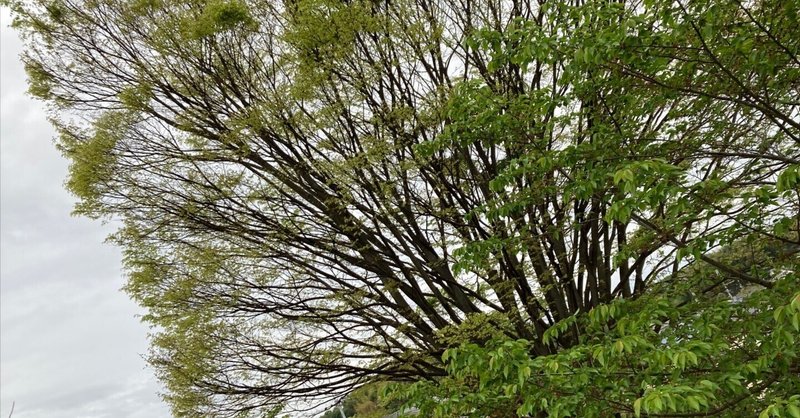
「善」と言う事に関するヴェーダの言葉と他の言語圏を較べて見ました。
善を積み重ねると言う事 What does it mean to accumulate good deeds.
古代インド Ancient India
One should strongly resent miserliness, and indulge in charity. Because one can acquire the never-ending wealth of immortality by doing so. Rig Veda
試訳:人は、吝嗇を強く憎むべきだ。そして、慈(いつく)しむ事に興じなさい。なぜなら、人はそうすることで、不死という絶えることのない財を手に入れることができるからだ。リグ・ベーダ
日本・中国 Japan, China
積善の家には必ず余慶あり せきぜんのいえにはかならずよけいあり
Sekizen no ie niwa kanarazu yokei ari.
中国紀元前の詩篇「詩経(しきょう、Shikyou in Japanese, Shījīng in Chinese)」に収められた箴言(しんげん)の日本語読み。
Trial English translation: a house that accumulates good deeds will surely have more good things to follow in the future.
Japanese way of reading of the Psalms contained in the Shikyou (詩経:Shijing in Chinese), a collection of psalms from B.C. era of Ancient China.
私的解釈:善行の積み重ねは、後々まで、幸運をもたらす、と言う意味においては、ヴェーダの言葉の伝える意味と、中国の古典の意味は一致する、と考えられます。
Personal interpretation of the content: the meaning conveyed by the Vedic words and the meaning of the Chinese classical phrase seem to coincide in the sense that the accumulation of good deeds brings good fortune later in life.
ノルウェーの諺 Norwegian Proverb in English
You can give a piece of advice, but not good luck along with that. Norwegian Proverb
試訳:アドバイスはできるが、更に幸運を与えることはできない。 ノルウェーの諺
私的解釈:ヴェーダの言葉とは違う厳しい自己の現実を見つめる姿勢かも知れません。
Personal interpretation of the content:It may be an attitude of looking at the harsh reality of the self, which might be different view compared to the Vedic words.
ドイツの諺 German proverb
Wer nichts für andere tut, tut nichts für sich. Johann Wolfgang von Goethe
試訳:他人のために何もしない者は、自分のためにも何もしない。ヨハン・ヴォルフガング・フォン・ゲーテ
Trial translation into English: He (or she) who does nothing for others does nothing for himself (or herself). Johann Wolfgang von Goethe
私的解釈:他人への善なる行為を行おうとしない者には、自己の成長はない、と言う意味で、ゲーテもヴェーダの成句も、他人に対して善をなす人を励ましている、と思われます。
Personal interpretation of connotation: both Goethe and the Vedic verse encourage those who do good deeds to others, in the sense that those who do not try to do good deeds to others will not grow within the self.
フランスの諺
On n'a jamais vu personne se repentir d'une bonne action. »
Citation de Jean-Jacques Rousseau
試訳:善行を悔い改める者はいない。 ジャン=ジャック・ルソーの言葉
Trial translation into English; No one has ever been known to repent of a good deed. Quote from Jean-Jacques Rousseau
私的解釈:善行は更に物事を推し進めるための原動力になる、言う意味に捉えれば、ルソーの言葉とヴェーダの言葉の間に似た部分がある、と思われれます。
Personal interpretation of content: There seems to be a similarity between Rousseau's words and the Veda's phrase, if we take it to also mean that good deeds are the driving force that propels us to proceed the things further.
この記事が気に入ったらサポートをしてみませんか?
